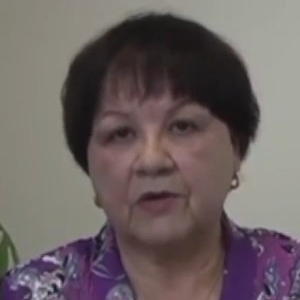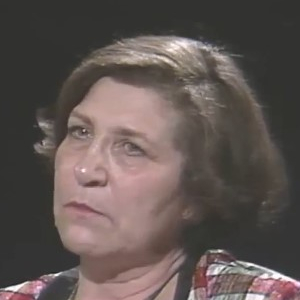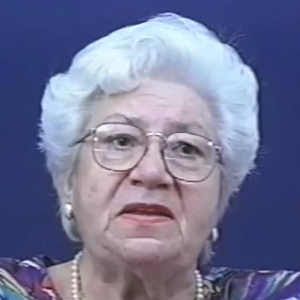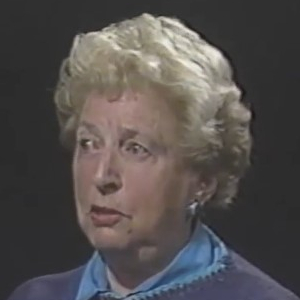Paul Bard
Paul recalls when he was liberated. He describes his reaction seeing the American soldiers and how he felt in the moment.
Paul Bard was born December 18, 1921 in Oradea, Romania to Sandor (Alexander) and Ador Bard. His older brother Istvan perished in a forced labor camp in Ukraine during the Holocaust. When Paul was around 5 his family moved to a smaller town near Oradea. He attended Romanian public school as a child and went to Jewish school for religious lessons, although his family was not very religious.
In August 1940 Northern Transylvania (including Oradea) became part of Hungary. Because of anti-Jewish laws being put in place by Hungary, Paul was not allowed to attend university so he trained to be an electrician. This job granted Paul relative freedom of movement because he was sent to different cities to do electrical work.
In May 1944 Paul was placed in the Budapest ghetto with his parents (who were already there). He spent three weeks in the ghetto before being put on a train to Auschwitz, where he was separated from his mother. Because of his electrical training Paul was put on a workforce that did repairs in the camp buildings. A few weeks later Paul was reassigned to Katowice to do electrical work on a building under construction. Because he was being sent out of Auschwitz every day to work, he frequently took stolen goods out of the camp and traded them for cigarettes. When he returned to the camp he would trade the cigarettes for food. As the war was coming to an end, Paul was forced to dismantle the electric wiring in the last gas chamber at Birkenau.
In January 1945 Paul was forced to march to Gross-Rosen. Two days later he was sent to Dachau. Paul was in Dachau for around three weeks before being sent to a subcamp where he was forced to dig in the forest. Paul was liberated a few days later by American forces. He went to the hospital and then a displaced persons camp in Feldafing, Germany. He returned to Romania and found his father who told him that his mother died. Paul married Agneta Fischer in January 1946. Their daughter Katy was born in 1947.
Paul found work as an office clerk and in 1953 applied to a school in Bucharest and studied to be an economist. He was put in charge of a government paint factory and had to become a member of the Communist party in Romania. He rose to the rank of writing speeches for the party secretary. In March 1966 Paul and his family moved to Israel where he had a variety of jobs. Paul and Agneta followed Katy to Canada in 1976. They settled in Montreal and Paul found work in a sheet metal factory. In 2009 Paul started speaking at the Montreal Holocasut Museum and Concordia University Centre for Oral History.
Paul Bard died in 2014 and his full testimony is part of the Canadian Collection of Holocaust survivor testimonies. It is preserved in the USC Shoah Foundation’s Visual History Archive and accessible through the Ekstein Library.
Paul BardI realized that the SS won’t be back anymore.
Testimony to discover
-
Escape

Regina Halpern
Regina describes her flight to Italy with her mother and brother. She distinctly remembers the conditions of the ship and what happened to her family ...
Listen -
Living under false identity

Renata Zajdman
Renata explains how she avoided being outed as Jewish. She describes how she was sent to Germany to work as a Pole, not a Jew.
Listen -
Camp

Roza Wolinsky
Roza recalls the deaths of girls she worked with in the camps. A significant moment she remembers is one dying in her arms and asking Roza to tell eve...
Listen -
Deportation

Sala Bonder
Sala describes getting on a train headed for Treblinka. The main focus of the moment is her decision to jump from the train to get away from the death...
Listen
Educators & Students
Educational guides
Check resources